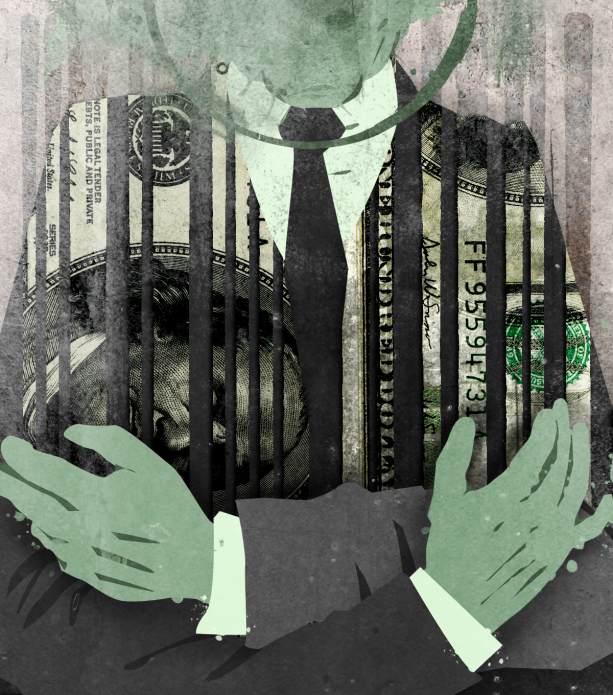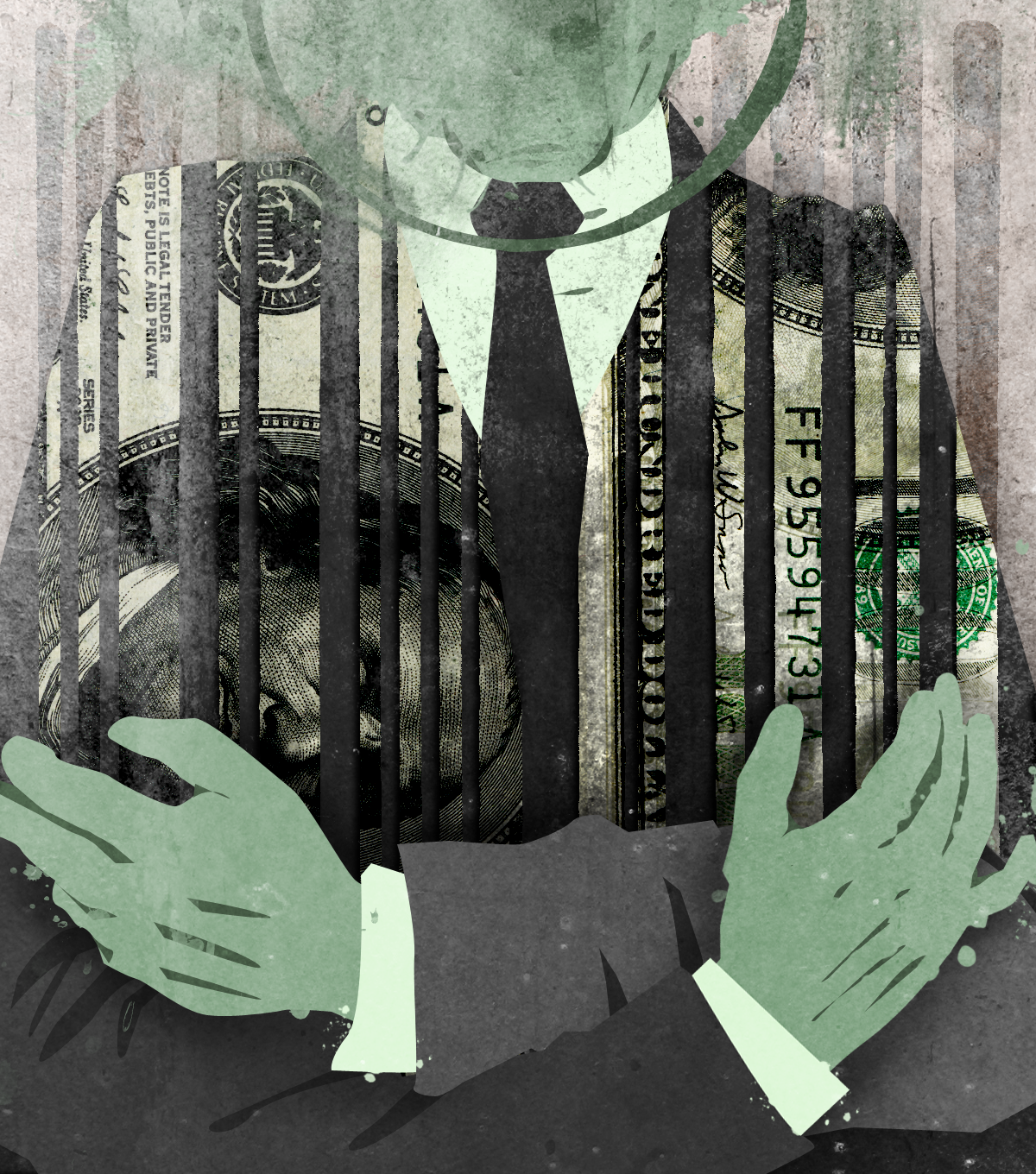
(Image: Truthout.org / Flickr)
Do you own a copy of Thomas Piketty’s landmark 2014 book on inequality, Capital in the Twenty-First Century? Many of you undoubtedly do — the book has sold over 1.5 million copies — and some of you may have actually read the book’s entire 650 pages.
If you’ve read all those pages, you’ve likely delighted in how Piketty, a French economist, has weaved together economics, literature, and an insightful international historical analysis.
And if you haven’t made it through all 650 pages, you may be feeling guilty. Please don’t. You’re not alone. One analysis of the book’s Kindle readers has found that most readers haven’t made it past page 26 of the electronic edition.
And now the really good news: If you didn’t finish Capital and still hunger for its insights, you now have options. The Swedish economist Jesper Roine has just authored a powerful and punchy intro to Piketty’s thought.
For those who read Capital a few years ago, Roine’s new Pocket Piketty makes for a solid refresher. For those who couldn’t get all the through the first time around, Roine has provided an accessible enticement for taking another run.
Reading the hardcover edition of Capital requires a bit of upper body strength. By contrast, I literally tucked the Pocket Piketty in my back pocket, pulled it out between meetings and trips on the Boston subway, and read its compact 160 pages in about three hours. Lots of graphs and white space make the reading quick and easy.
Roine, a contributor to the World Wealth & Income Database that Capital draws upon so extensively, captures all of Piketty’s most important insights.
Capitalism, Roine’s guide spells out, is hard-wired to generate inequalities. The return on capital typically exceeds the rate of growth in the economy, Piketty’s “r > g,” a formula that has become the “E=mc2” of our contemporary inequality physics. Inequalities will inevitably compound so long as this “r > g” persists.
Without some intervention that alters this dynamic, we’re moving toward a hereditary aristocracy of wealth and power, where the sons and daughters to today’s billionaires totally dominate our politics, culture, economics, and philanthropy. We’re reaching what Piketty calls the stage of “patrimonial capitalism.”
Past interventions that have upset Piketty’s “r > g” have taken the form of wars and economic depressions that over the centuries have destroyed capital stocks. But interventions that slow the concentrating of wealth and power can also include public policies like wealth and inheritance taxation.
Piketty himself advocates for a global tax on the super wealthy, coordinated across borders to avoid aggressive avoidance.
Pocket Piketty skillfully distills all this, but, understandably, can’t cover all the ground that Piketty guides us over in Capital. We miss Piketty’s flavorful weaving of history and literature, his anecdotes from France’s Belle Epoch, his stories drawn from Balzac’s Pere Goriot and Jane Austen’s Mansfield Park and Sense and Sensibility.
But we do learn that the shape of inequality is shifting. In the 1980-2000 period, as Capital shows us, the sky-high earnings of CEOs and other movers and shakers drove inequality. In more recent years, income from capital — from the ownership of wealth — is adding the most to our economic divides.
Piketty and colleagues have recently updated this picture with a study, published this past December, that uses new data to document how a surge in capital income has been pumping up income concentration over the last 15 years.
“It looks like the working rich who drove the upsurge in income concentration in the 1980s and 1990s,” this new study notes, “are either retiring to live off their capital income or passing their fortunes onto heirs.”
Adds Pocket Piketty author Jesper Roine: “The egalitarian and pioneering ideal of American society has been lost, and the New World may be on the verge of becoming the Old Europe of the twenty-first century.”
Put that in your pocket.
